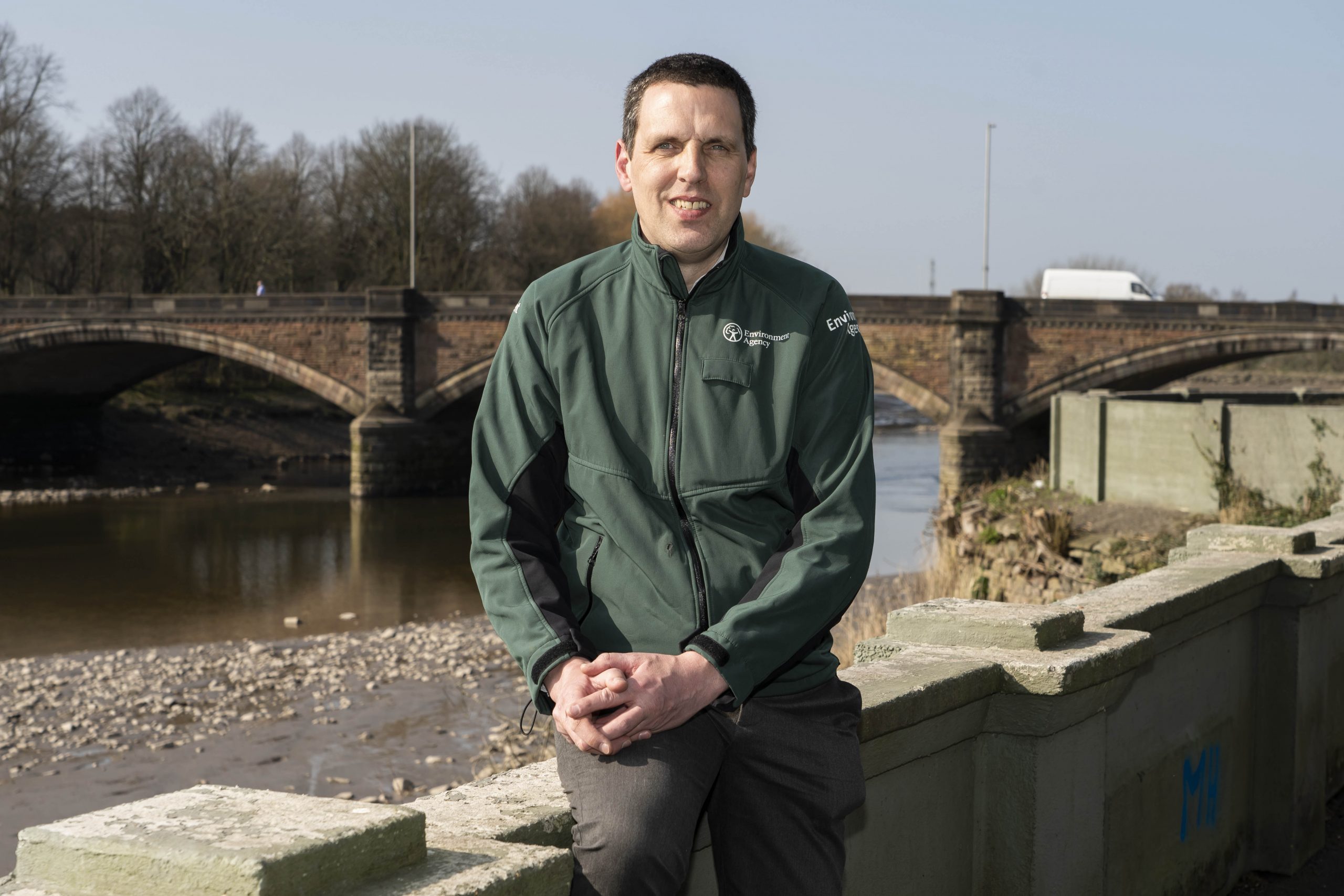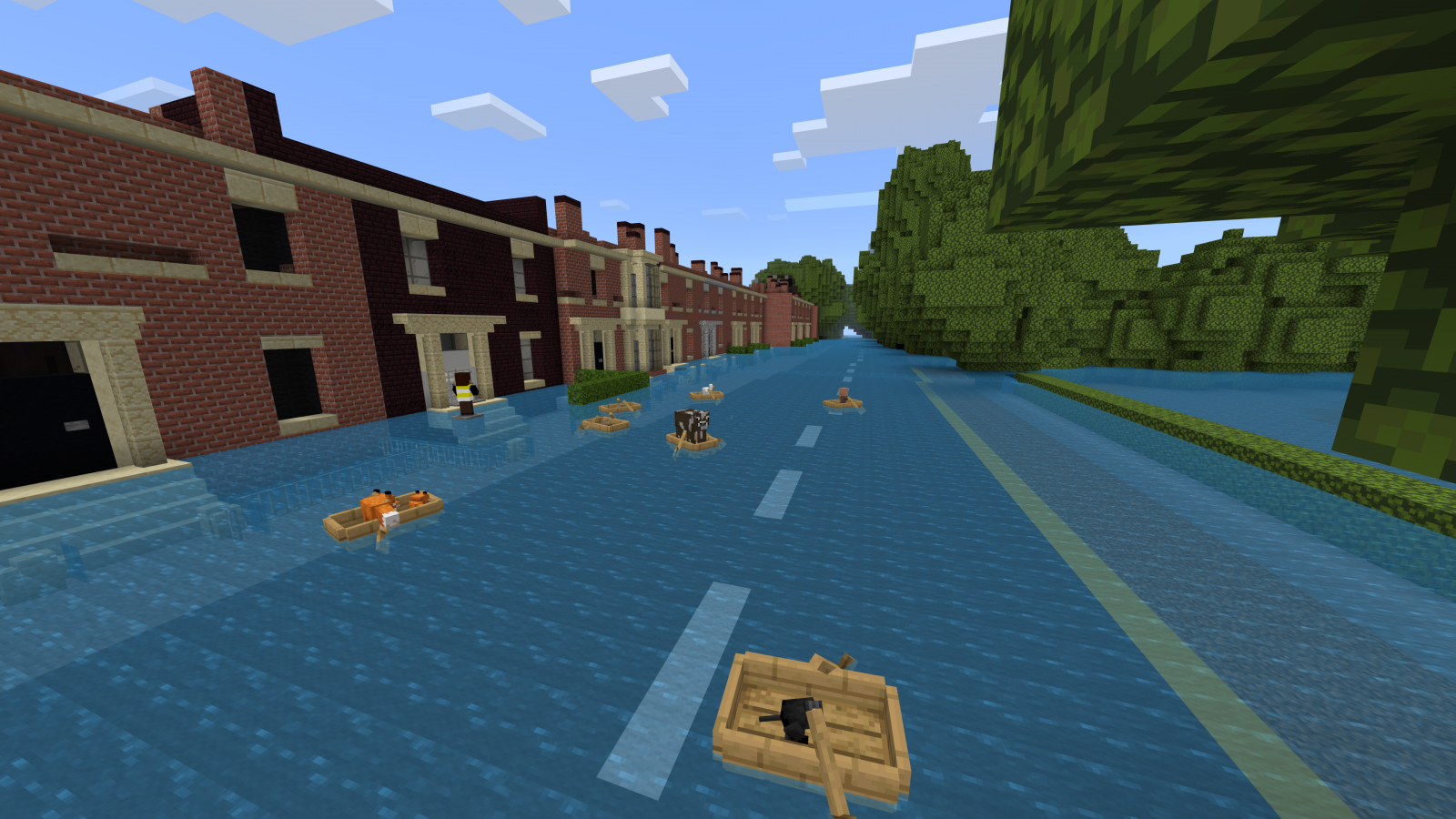Turning the tide – A new Minecraft world is inspiring children to tackle flooding and climate change Leave a comment
The new flood defences in Preston – comprised of flood walls, the use of glass panels and embankments – aim to reduce the risk of a 2015-style disaster.

“Minecraft is helping us engage with the public on how we manage flood and coastal erosion in the context of climate change. It helps young people in particular understand what’s going on and their part in it, because they are the ones who are going to face the hardest impacts of the climate emergency.
“One of the brilliant aspects of this collaboration with Minecraft is that these games are going to be available around the world. If we can stimulate just a small number of people to think: ‘my career of choice is something in science, technology, engineering or maths that relates to managing flood risk in the future’, then that will be a great success for us.”
The journey from playing to learning is something that Minecraft excels in. It’s also why the Environment Agency and Minecraft approached BlockBuilders, Brighton-based experts in creating immersive worlds, to build Rivercraft.

Megan Leckie, Co-founder and Co-director of BlockBuilders, watched the Archbishop Temple School class as they explored the replica of Preston that her company had spent four months creating.
She said: “We got the 3D data of Preston, which is freely available online, and turned it into a Minecraft world. But that data creates generic buildings, so we collected screenshots and imagery of Preston and added details to the structures to replicate how they are in real life. When the children were exploring, they felt a connection to this place in Minecraft because it looked exactly like their city. They are fully immersed in this experience.”
